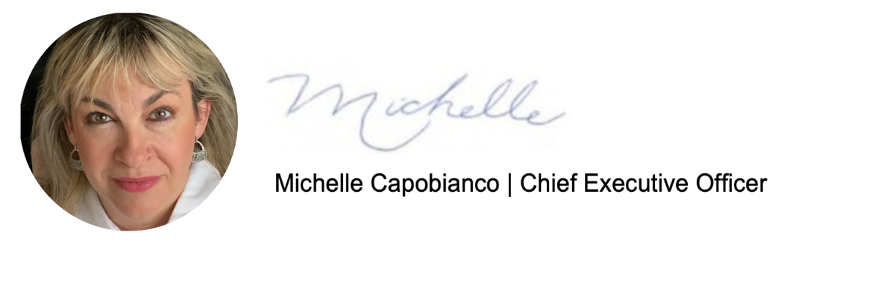
Current Barriers to Cancer Care
Tuesday, February 22, 2022
About a week ago I was scheduled to get an MRI as part of my regular screening for breast cancer recurrence. However, for the third week in a row, protests against vaccine mandates dominated the downtown core in Toronto. Police warned the public to stay away from the area while the protests were happening, meaning I could not be guaranteed safe passage to my cancer screening. Because of this my MRI had to be rescheduled.
Covid-19 restrictions have been a divisive issue, even between families. While respectful and peaceful protests can be a healthy part of the democratic process, those who are dissenting against vaccine mandates are disrupting the lives of thousands of people while ignoring the impact their actions have on other people’s rights, especially those fighting life-threatening diseases like cancer. We are all Canadians and one of the things that differentiates Canada from other countries is our attention to healthcare. How can we hold our belief that everyone should have access to healthcare while some are willing to block access to hospitals?
I am not the only one who has had concerns about access to care during Covid: Richard had to endure severe pain as hospitals reached capacity limits. “I was able to meet very quickly with Dr. Calvin Law, a surgical oncologist at Sunnybrook Hospital, who is the nicest, most passionate doctor I’ve ever met in my life,” Richard said. “He told me that surgeries were being cancelled due to the surge in Covid-19 cases, but he was determined to get me in for a Whipple as soon as possible. He knew that my situation was dire and that my window to be able to do the surgery was narrow.” Remarkably, Dr. Law was able to set the surgery date for later that same week.
When Celéste* spoke with an oncologist after her diagnosis, she was told that she wasn’t eligible for surgery. She was crushed by this news; she knew following her mother’s death to pancreatic cancer years ago that surgery would be her only chance for disease-free survival. While she had previously been nervous about asking for a second opinion, receiving this news was the motivation she needed to move past her fear and request another consultation, and she is so grateful she did. Being afraid to offend one’s primary physician by asking for a second opinion is a concern we at PCC hear over and over. We try to work with physicians to help them understand that their reactions during this stressful time can have a big impact on their patients.
The second surgical oncologist Celéste saw believes the tumour to be operable after all. Though extremely relieved at what this means for her prognosis, she is now concerned about many other things: whether there will be further protests that stop her from making it to medical appointments, going through the surgery without the presence of her loved ones due to Covid-19 precautions, and above all, contracting Covid as she goes through treatment, which will make her severely immunocompromised. As she awaits her surgical date, Celéste is isolating at home with her husband to minimize the risk of Covid interrupting her treatment. Unable to see her extended family and friends, her world is feeling increasingly smaller.
After weeks of waiting, I finally have a surgery date to have my thyroid removed. I am relieved because, as I have said before, regardless of the type of cancer you have, you just want to get it out of your body. Until then, I hope that the disruption the protests are causing in our cities and the threat they pose to cancer care comes to an end. We live in a society that often promotes an ‘every person for themselves’ mentality, but when cancer happens to you it’s a whole different story – you need the support and cooperation of your community.
If you or a loved one are impacted by pancreatic cancer and feeling isolated because of Covid-19 or the ongoing protests, remember our free Peer Support and Ask An Expert programs are here to help. You are not alone.
*Pancreatic cancer can be an intensely personal experience, particularly when a patient is still undergoing treatment. With this in mind, we have gathered the experiences of several patients navigating a stage II pancreatic cancer diagnosis, and will present them here in the coming weeks as the story of Céleste.

